25+ SAMPLE Construction Marketing Plan
-
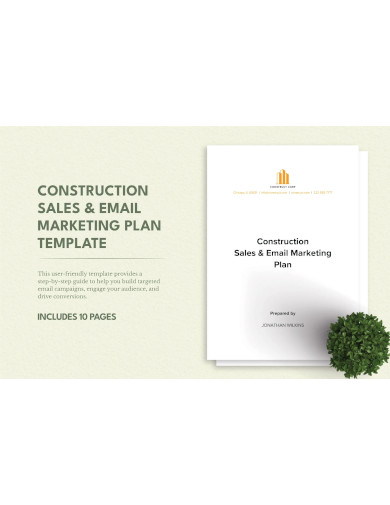
Construction Sales & Email Marketing Plan
download now -
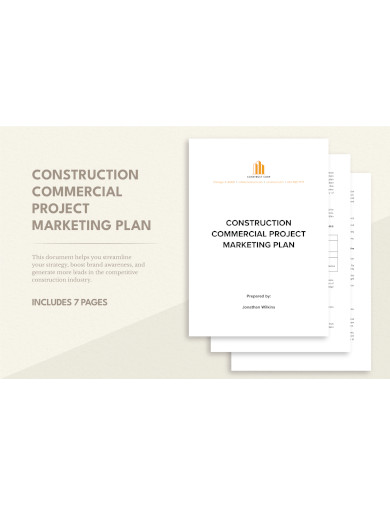
Construction Commercial Project Marketing Plan
download now -
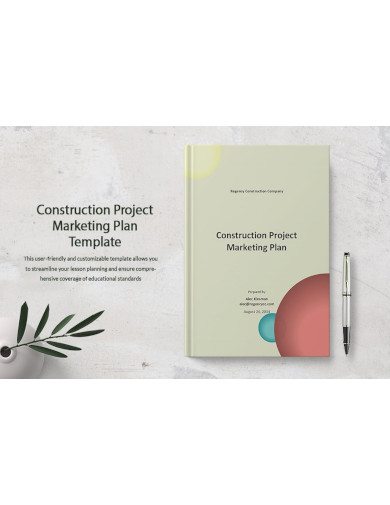
Construction Project Marketing Plan
download now -
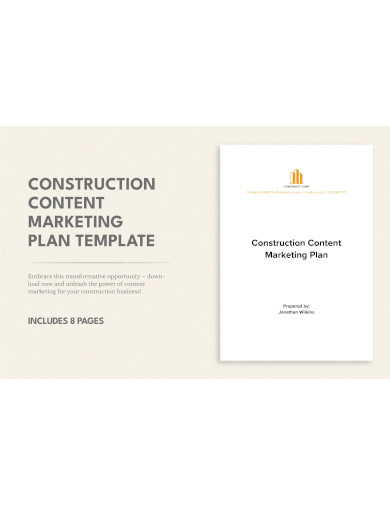
Construction Content Marketing Plan
download now -
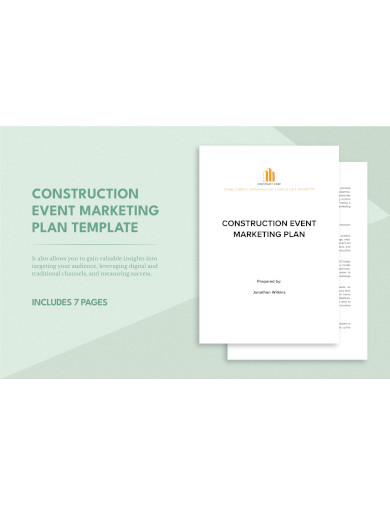
Construction Event Marketing Plan
download now -
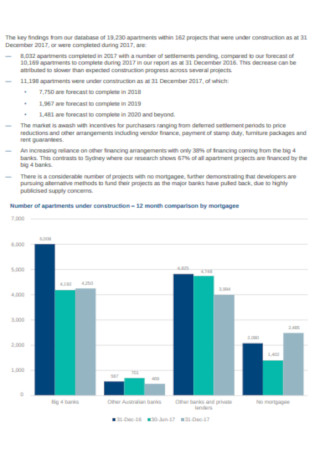
Apartment Construction Marketing Plan
download now -
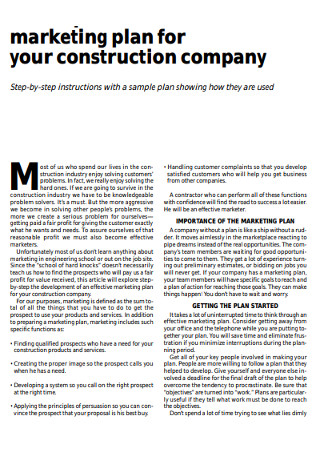
Sample Company Construction Marketing Plan
download now -
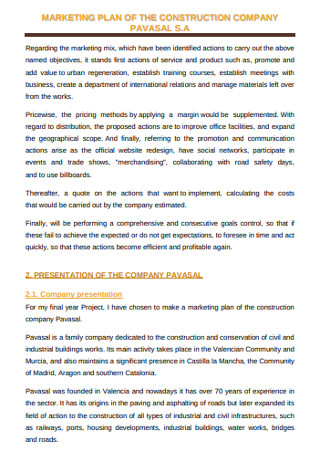
Company Construction Marketing Plan
download now -
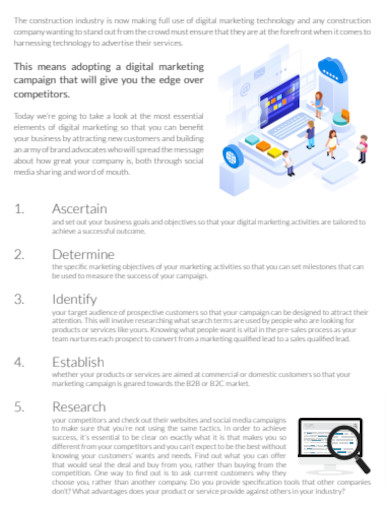
Construction Digital Marketing Plan
download now -
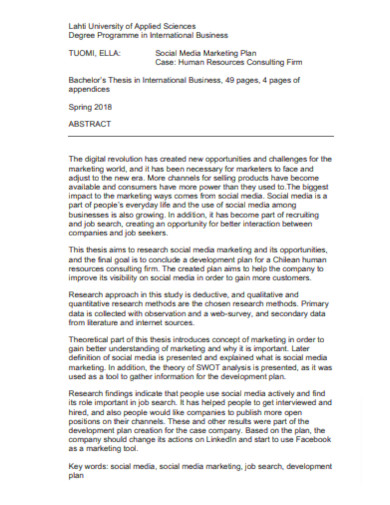
Construction Social Media Marketing Plan
download now -
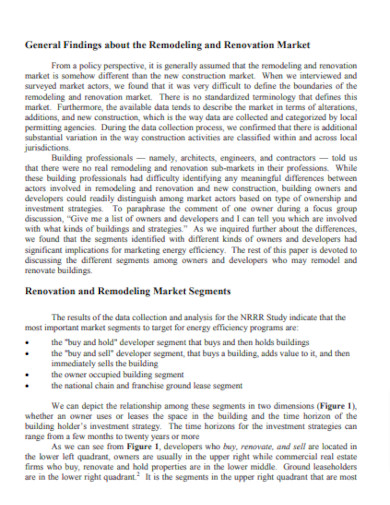
Construction Renovation Marketing Plan
download now -
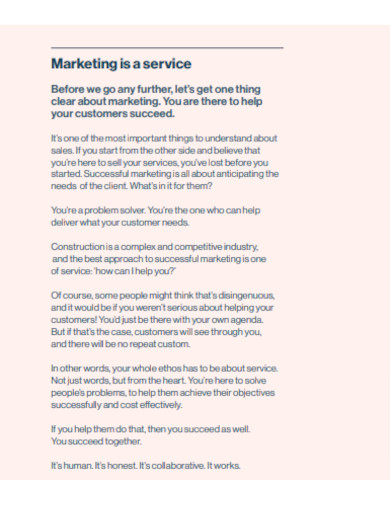
Construction Marketing Plan Outline
download now -
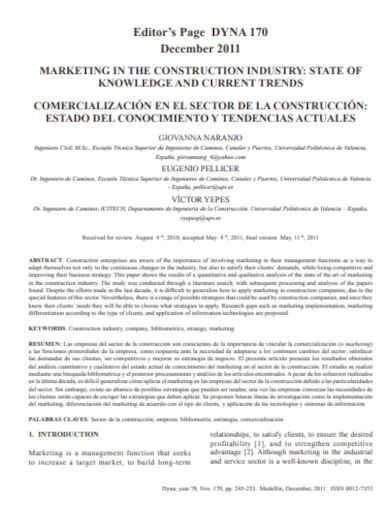
Construction Industry Marketing Plan
download now -
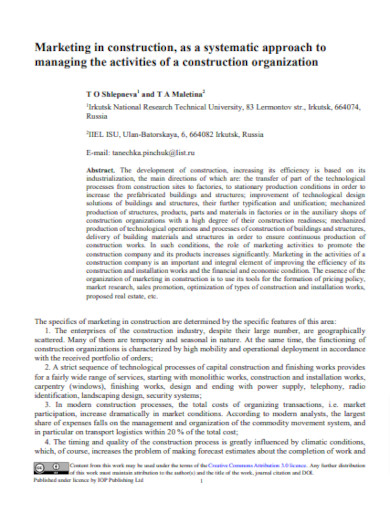
Construction Organization Marketing Plan
download now -
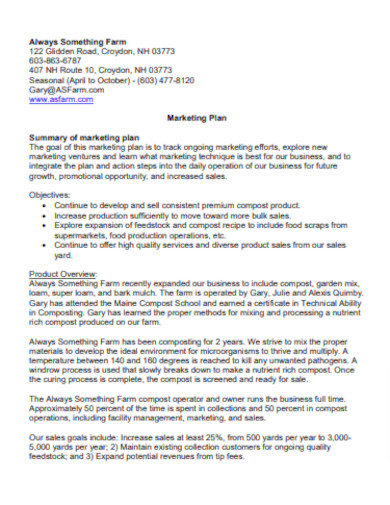
Sample Construction Marketing Plan
download now -
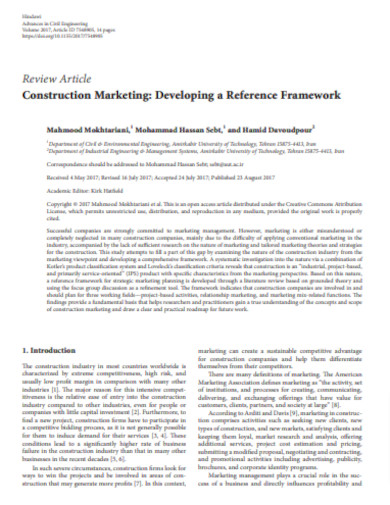
Construction Marketing Developing Plan
download now -
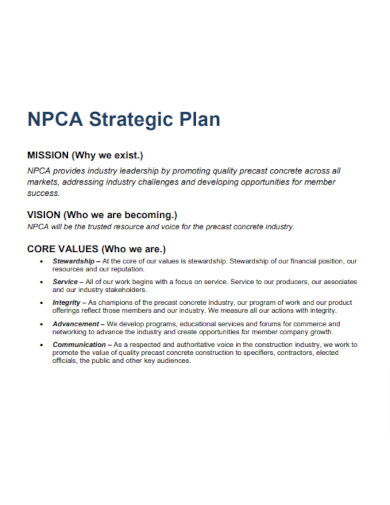
Construction Marketing Strategic Plan
download now -
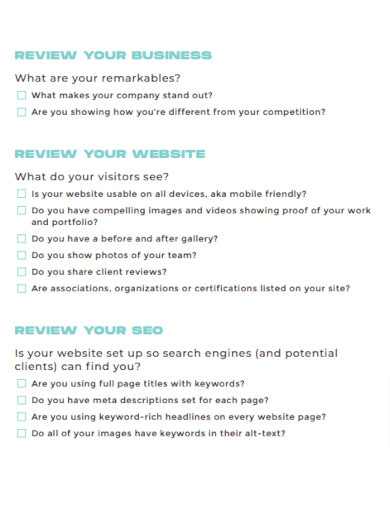
Construction Marketing Plan Checklist
download now -
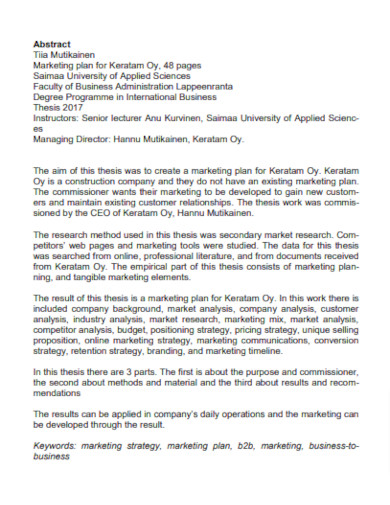
Basic Construction Marketing Plan
download now -
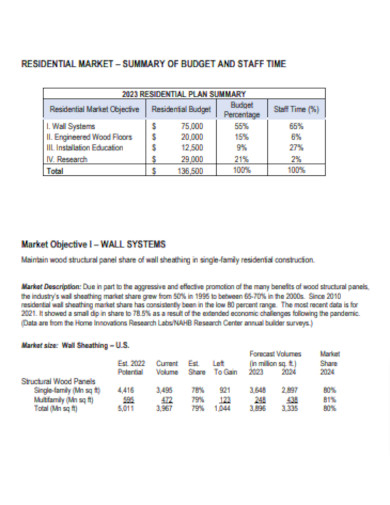
Construction Residential Marketing Plan
download now -
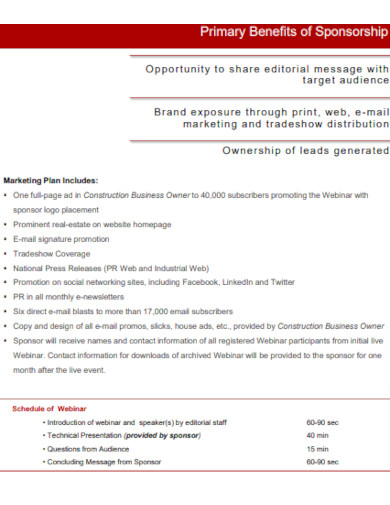
Construction Marketing Business Plan
download now -
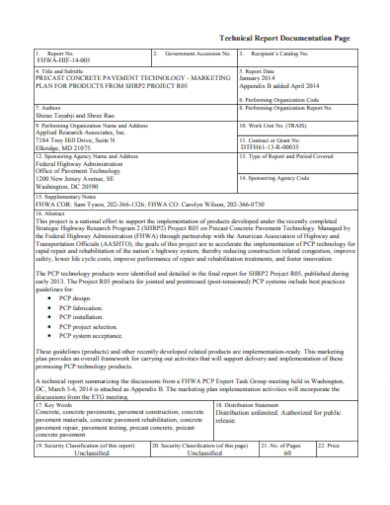
Construction Marketing Implementation Plan
download now -
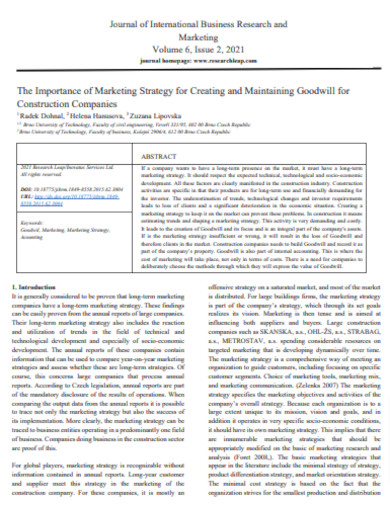
Construction Marketing Strategy Plan
download now -
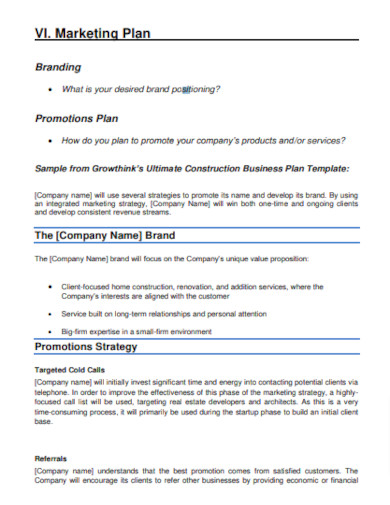
Construction Marketing Plan Layout
download now -
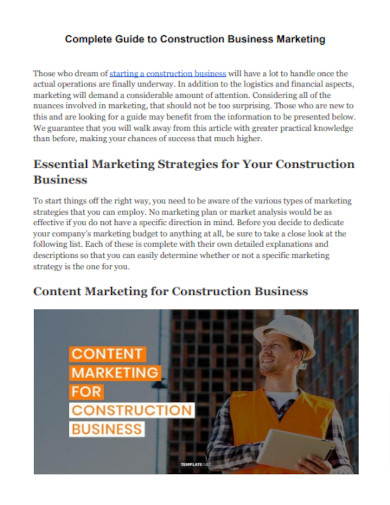
General Construction Marketing Plan
download now -
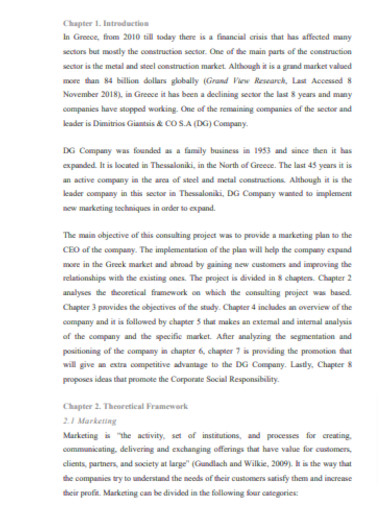
Simple Construction Marketing Plan
download now
FREE Construction Marketing Plan s to Download
25+ SAMPLE Construction Marketing Plan
Definition
What is a Construction Marketing Plan?
Crafting a Stellar Construction Marketing Plan
Best Practices for Construction Marketing
Tips for Building Better Audience in Construction Marketing
Construction Marketing Plan: What’s New?
FAQ’S
How often should I update my construction marketing plan?
Which digital tools are essential for modern construction marketing?
How can I measure the success of my construction marketing plan?
Should my construction marketing plan focus only on digital strategies?
What’s the role of content in a construction marketing plan?
How do I identify my target audience in the construction industry?
Are industry collaborations beneficial for construction marketing?
How do I set a budget for my construction marketing plan?
Definition
What is a Construction Marketing Plan?
A construction marketing plan is a strategic roadmap detailing how a construction company or contractor intends to attract new clients, retain existing ones, and promote its services within the target market. This plan encompasses a range of marketing strategies and tactics specifically tailored for the construction industry. At its core, it aims to communicate the company’s value proposition, build brand awareness, and achieve business objectives such as revenue growth or market expansion.
Crafting a Stellar Construction Marketing Plan
The construction industry, like many others, hinges not just on the ability to deliver impeccable service but also on effective marketing strategies that set a company apart in an increasingly saturated market. A construction marketing plan isn’t just about putting out advertisements; it’s about building a brand, fostering relationships, and ensuring that your company is the first name clients think of when they have a construction need. Let’s dive deep into creating a marketing blueprint tailored for the construction landscape.
1. Understand Your Audience
Before you lay the first brick of your marketing strategy, it’s crucial to identify who your audience is. Are you targeting individual homeowners, large corporations, or specific industries? Each audience has unique needs, and understanding them is the cornerstone of any successful marketing plan.
2. Set Clear Objectives
Whether you aim to increase your client base by 20% or delve into a new niche market, having clear, measurable objectives will guide your marketing efforts and provide a metric for success.
3. Develop a Strong Online Presence
In today’s digital age, having a robust online presence, including a user-friendly website and active social media profiles, is paramount. Highlight your past projects, client testimonials, and industry awards to bolster your reputation.
4. Engage with Content Marketing
Develop blog posts, videos, or podcasts showcasing your expertise. Discussing topics like “The Future of Green Construction” or “Safety Innovations in Building” positions your company as a thought leader in the field.
5. Leverage Client Testimonials
Word of mouth and positive reviews remain powerful tools in the construction industry. Encourage satisfied clients to share their experiences on platforms like Google Reviews, Yelp, or directly on your website.
6. Attend Industry Events
Trade shows, seminars, and networking events are excellent venues to showcase your offerings, learn about industry trends, and build valuable relationships.
7. Optimize for Local SEO
Ensure potential clients in your vicinity find you easily by optimizing your online content for local search terms, registering on Google My Business, and encouraging local reviews.
8. Offer Promotions or Discounts
While price shouldn’t be the only competitive factor, limited-time offers or discounts can entice potential clients to consider your services.
9. Monitor and Adjust
Regularly assess the effectiveness of your strategies. Tools like Google Analytics can offer insights into what’s working and what might need a revamp.
10. Stay Updated with Industry Trends
Construction techniques, materials, and regulations evolve. Keeping abreast of these changes and incorporating them into your marketing can enhance your credibility.
Best Practices for Construction Marketing
Construction marketing is unique due to its blend of B2B and B2C clientele, the tangible nature of its products, and the intricacies of the industry. Implementing best practices tailored for construction marketing can make a significant difference in reaching target audiences, driving leads, and cementing brand reputation. Here are some key best practices for effective construction marketing:
1. Client-Centric Messaging
Understand your clients’ pain points and tailor your messages accordingly.
Highlight benefits, not just features. Instead of saying “We use advanced materials,” emphasize “Our buildings are energy-efficient, saving you money.”
2. Comprehensive Online Presence
Invest in a professional, mobile-responsive website.
Showcase your completed projects with high-quality images and videos.
Implement search engine optimization (SEO) strategies to improve organic reach.
3. Utilize Social Media Platforms
Use platforms like LinkedIn for B2B networking and Instagram for showcasing projects.
Engage with followers by responding to comments, sharing industry news, and posting behind-the-scenes content.
4. Educational Content Marketing
Position your company as an industry expert by publishing blogs, ebooks, and whitepapers on relevant construction topics.
Host webinars or workshops to engage with potential clients and industry professionals.
5. Leverage Customer Testimonials
Collect and showcase testimonials, case studies, and reviews to build trust.
Consider video testimonials for added authenticity.
6. Local Marketing
Get involved in local community events or sponsorships.
Utilize local SEO practices to attract clients in your vicinity.
7. Personalize Email Marketing
Segment your email list to send targeted content.
Consider regular newsletters that offer insights, company news, and updates on ongoing projects.
8. Implement a Referral Program
Encourage satisfied clients to refer new clients by offering incentives or discounts.
9. Attend Trade Shows & Networking Events
Showcase your services, meet potential clients, and stay updated on industry trends.
10. Measure & Optimize
Use tools like Google Analytics to monitor website traffic, lead sources, and conversion rates. Regularly evaluate and adjust your marketing strategies based on performance metrics.
11. Foster Strong Relationships with Suppliers & Partners
Collaborate on joint marketing efforts or tap into each other’s networks for referrals.
12. Stay Updated with Industry Trends
The construction industry is ever-evolving. Ensure your marketing messages reflect current trends and innovations.
Tips for Building Better Audience in Construction Marketing
In construction marketing, building a robust and engaged audience is paramount. It not only fosters business growth but also strengthens brand credibility and loyalty. Here are some tailored tips for cultivating a more profound connection with your target audience in the construction industry:
1. Understand Your Audience’s Needs
Conduct market research to identify the problems, preferences, and pain points of your target demographics.
Cater your marketing messages to address these specific needs.
2. Offer Valuable Content
Regularly produce insightful blogs, articles, and videos on construction trends, best practices, and industry news.
Provide how-to guides, case studies, and eBooks that your audience finds beneficial.
3. Engage on Relevant Platforms
Identify which social media platforms your target audience frequents – LinkedIn for professionals, Instagram for visual showcases, etc.
Join construction-related forums, groups, and online communities to share knowledge and insights.
4. Host Webinars and Workshops
Offer online sessions on topics like construction safety, new technologies, or sustainable building methods.
Engage attendees with Q&A sessions, polls, and interactive discussions.
5. Participate in Industry Events
Attend trade shows, conventions, and conferences relevant to construction.
Engage in networking, deliver presentations, or even set up a booth to showcase your expertise.
6. Collaborate with Industry Influencers
Partner with construction influencers or bloggers for joint content creation, webinars, or events.
Leverage their audience to expand your reach.
7. Optimize for Search
Ensure your content is SEO-friendly, targeting keywords your audience is searching for.
Make use of local SEO techniques to appeal to businesses and individuals in your region.
8. Encourage Feedback and Engagement
Promptly respond to comments, reviews, and messages.
Encourage your audience to share their experiences, challenges, and feedback evaluation.
9. Offer Exclusive Content
Provide exclusive insights or early access to content for subscribers or loyal customers.
This fosters a sense of belonging and encourages more people to join your audience.
10. Consistency is Key
Maintain a consistent posting and engagement schedule.
Being reliably present keeps your brand top-of-mind for your audience.
11. Use Eye-Catching Visuals
Invest in high-quality imagery and videos of your projects.
Visual storytelling is particularly effective in the construction industry, where results are tangible and visually impactful.
12. Advocate for Transparency and Authenticity
Share behind-the-scenes content, challenges faced, and lessons learned.
An honest brand narrative can foster trust and attract a loyal audience.
Construction Marketing Plan: What’s New?
In the ever-evolving landscape of construction, marketing strategies and tools have adapted to the digital age, incorporating new trends, technologies, and consumer behaviors. So, what’s fresh in the realm of construction marketing plans? Let’s delve into the innovative facets:
1. Digital Transformation
Virtual Reality (VR) & Augmented Reality (AR): VR and AR tools are now being used for virtual site tours, project visualizations, and interactive presentations to clients.
Drones: Aerial shots and site surveys through drones provide captivating visuals for promotional content.
2. Content is King, But Video is Emperor
Video Marketing: Time-lapse videos of ongoing projects, client testimonials, and behind-the-scenes insights are driving higher engagement on platforms like YouTube, LinkedIn, and Instagram.
3. Advanced Data Analytics & AI
Predictive analytics and AI-driven tools are enabling companies to fine-tune their marketing strategies, optimize ad spend, and target prospective clients with surgical precision.
4. Personalization at Scale
Marketing automation tools and CRMs are helping construction businesses deliver personalized messages and offers to various segments of their audience.
5. Sustainable and Green Construction Messaging
As the world shifts towards sustainability, construction firms that promote eco-friendly practices, materials, and designs are garnering more attention.
6. Influencer Collaborations
Collaborating with industry influencers or micro-influencers, especially on platforms like Instagram, can significantly boost brand visibility and credibility.
7. Mobile-First Strategy
With increasing numbers of clients and stakeholders accessing information via mobile, having a mobile-responsive website and marketing materials is no longer optional.
8. Enhanced Local SEO
Local SEO, Google My Business listings, and geo-targeted ads ensure construction businesses are found by local prospects.
9. Social Media Expansion
Apart from mainstream platforms like LinkedIn, Facebook, and Instagram, many construction businesses are now also exploring platforms like TikTok and Pinterest for diverse marketing strategies.
10. Online Workshops and Webinars
Digital platforms like Zoom and Webex are facilitating online events, allowing construction firms to showcase their expertise and engage with a global audience.
11. Interactive Digital Proposals
Digital proposals, complete with embedded videos, interactive graphs, and instant chat options, are replacing traditional paper-based proposals.
12. Emphasis on Online Reviews & Reputation Management
With review platforms and Google reviews playing a pivotal role in influencing decisions, maintaining a stellar online reputation is of paramount importance.
FAQ’S
How often should I update my construction marketing plan?
While annual reviews are standard, it’s advisable to revisit and adjust your plan quarterly to account for industry trends, new technologies, and changing market conditions.
Which digital tools are essential for modern construction marketing?
Essential tools include CRM systems, marketing automation platforms, social media management tools, SEO tools, analytics platforms, and newer technologies like VR and AR for enhanced client presentations.
How can I measure the success of my construction marketing plan?
Key performance indicators (KPIs) such as lead generation rates, website traffic, conversion rates, client engagement metrics, and ROI on marketing spend can provide insights into the plan’s success.
Should my construction marketing plan focus only on digital strategies?
While digital strategies are vital in today’s digital age, a balanced marketing plan should incorporate both online and offline tactics, depending on your target audience and market conditions.
What’s the role of content in a construction marketing plan?
Content helps establish authority, educate potential clients, drive organic website traffic, and nurture leads. Types of content can range from blog posts and case studies to videos and infographics.
How do I identify my target audience in the construction industry?
Market research, client surveys, analyzing past projects, and competitor analysis can help identify and segment your ideal clients, their preferences, and pain points.
Are industry collaborations beneficial for construction marketing?
Absolutely. Collaborations, be it with suppliers, influencers, or complementary service providers, can expand your reach and lend credibility to your offerings.
How do I set a budget for my construction marketing plan?
Start with clear objectives, factor in previous marketing expenditures and results, consider industry benchmarks, and allocate funds based on strategies that align with business goals.
The future of construction marketing is exciting, with technological advancements and innovative strategies revolutionizing the way companies reach and engage their audience. By staying updated with these new methodologies and integrating them into their marketing plans, construction businesses can ensure they remain at the forefront of industry trends and client expectations.
